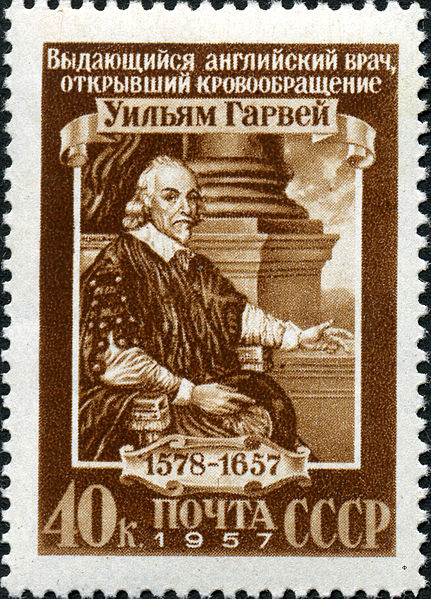Infinite photos and videos for every Wiki article ·
Find something interesting to watch in seconds
Largest Empires
Celebrities
Great Museums
Wars and Battles
Largest Palaces
Best Campuses
Rare Coins
Ancient Marvels
Tallest Buildings
Orders and Medals
Crown Jewels
World Banknotes
Wonders of Nature
Presidents
History by Country
Famous Castles
Great Cities
Great Artists
Kings of France
Richest US Counties
British Monarchs
Countries of the World
Recovered Treasures
Supercars
Animals
Sports
more top lists





